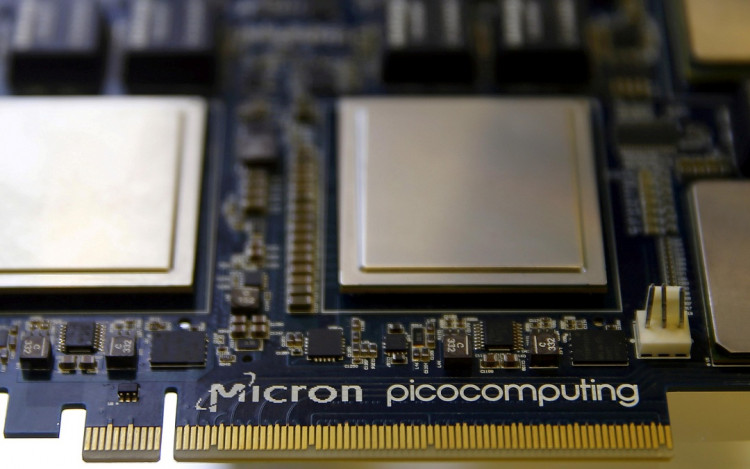In its latest effort to reduce dependency on imports, China has revealed that it has created a new state-backed fund to bolster the country's semiconductor industry. The 204 billion yuan ($29 billion) fund will be reportedly be used to invest in developments and projects aimed at enhancing the country's chip supply chain infrastructure.
According to registration information for the said fund, the majority of the capital will be coming from state organizations. The investment arm of the China Development Bank contributed around 22 billion yuan, while China's Ministry of Finance contributed 22.5 billion yuan to the fund. Some of the investments also came from local government offices and state-owned companies such as China Tobacco.
Apart from its massive imports of oil and gas, China imports the bulk of the semiconductors it uses from other countries. Its import volumes have increased so much over the years that China now ranks as the world's largest importer of semiconductors. Recent data estimates that China imports around $200 billion worth of semiconductors annually. That number has greatly been reduced due to the country's protracted trade dispute with the US, one of its largest chip suppliers.
The long-awaited state-backed fund is part of the Chinese government's plans to forge its robust semiconductor supply chain to reduce its dependency on imports. The formal creation of the fund has partly been accelerated by the country's escalating trade dispute with the United States, which has spilled over into the tech sector.
The United States recently placed several Chinese companies in its trade blacklist, essentially cutting off the supply of US-made chips from companies such as Invidia and Intel. US President Donald also just announced that the country will be adding more Chinese firms into its trade blacklist. The US' move has prompted China to further accelerate its plans to lessen its dependency on US-made chips.
The creation of the fund will play a key role in China's establishment of its supply chain, which will encompass all aspects of the business, from chip designing to manufacturing. The fund also hopes to push research and development into the integrated circuit sector, which includes vital semiconductor components such as processor and storage chips used in data centers and other devices.
China likely considers its dependency on foreign chip imports as a national security concern. Any disruption in the supply could spell trouble for the country and its rapidly growing tech sector. Through the fund and other investments like it, China is aiming to hold a prominent position in the semiconductor industry and perhaps eventually eradicating the need to import components altogether in the coming years.





